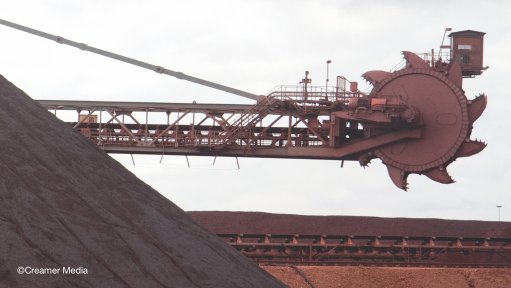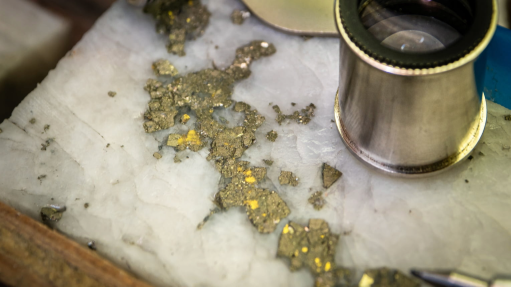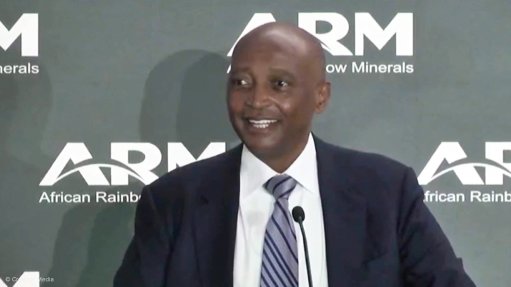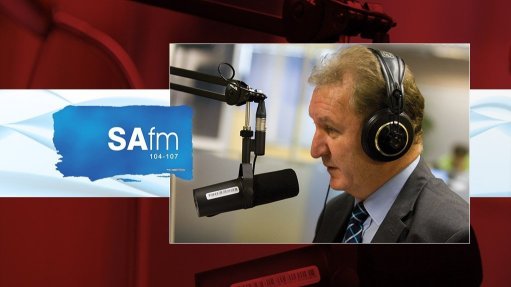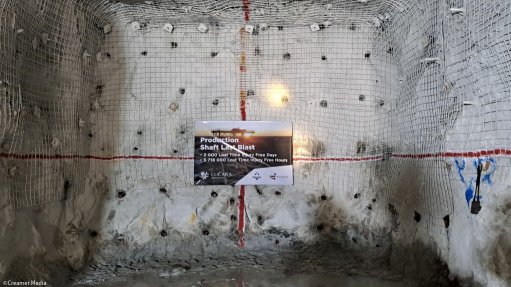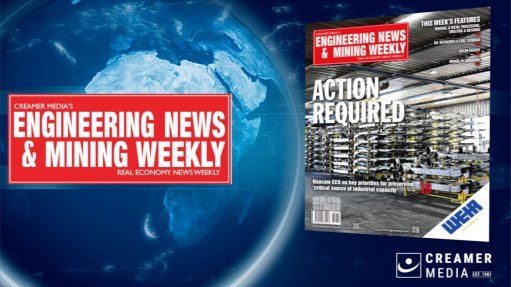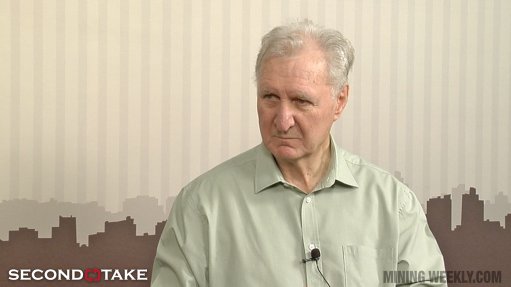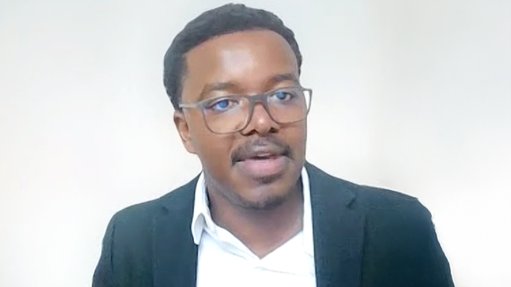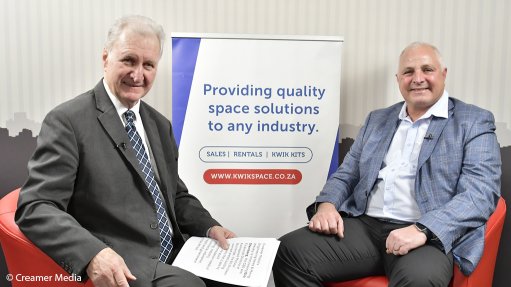Dry separator could arrive in Africa in early 2019

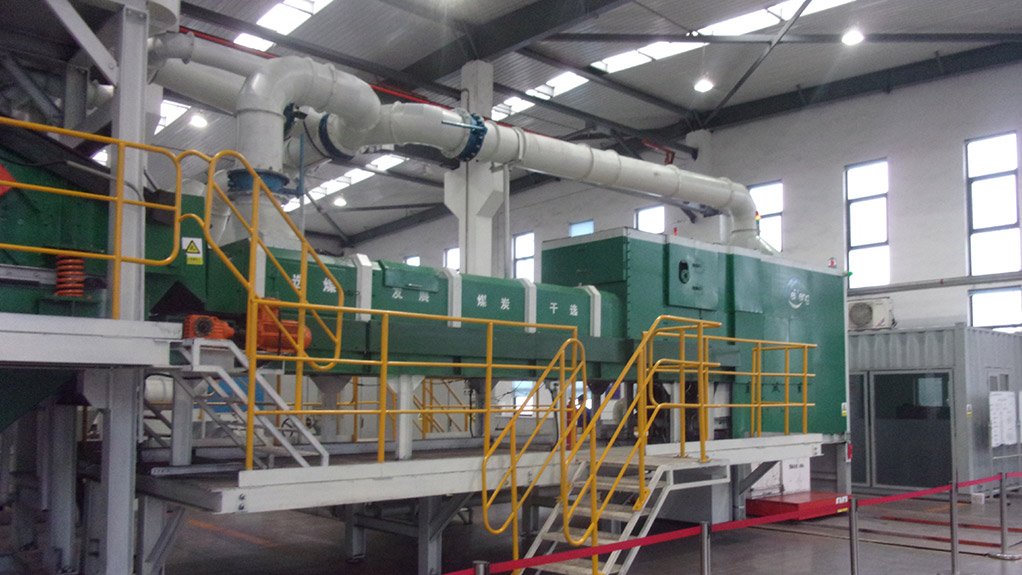
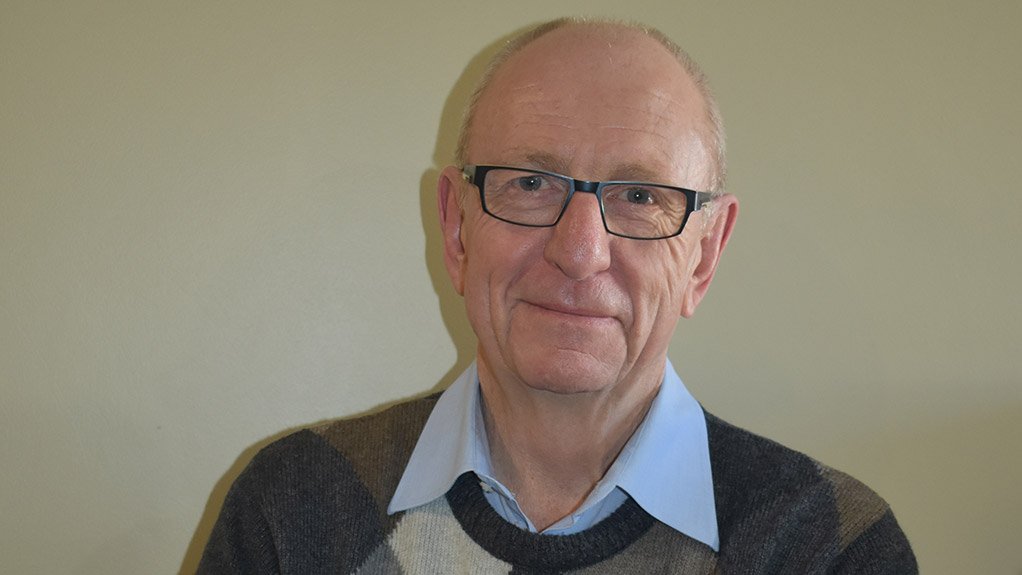
CONFiGURATION FLEXIBILITY The Telligent Dry Separator can be retrofitted to an existing coal processing plant in various configurations
JOHN WILLS There is increasing focus from mines to be environment-friendly, with significant pressure on the coal industry to go ‘green’ – the Telligent Dry Separator is a push in that direction
Screening and vibrating equipment solutions and services provider Aury Africa aims to bring the first dry separator to Africa for trial at a coal mine next year, says Aury Africa business development manager George Sturgeon.
Aury Africa, a subsidiary of design and construction coal group Dadi Engineering Development Group, is in discussions with high-technology company Meiteng Technology Group to bring in its Telligent Dry Separator (TDS).
The TDS was developed by Tianjin Meiteng Technology Group, another subsidiary of Dadi Engineering Development Group, in 2016. Aury Africa launched the technology locally at the South African Coal Processing Society’s biennial conference in Secunda, in September 2017. At that time, three operating mines in China were using the equipment.
The TDS constitutes intelligent dry separation technology. Aury Africa MD Syd Parkhouse explains that “basically coal is conveyed on an enclosed conveying system, single layered. The enclosed system, which incorporates X-ray technology, is simple to operate”. It can be retrofitted to an existing coal-processing plant in various configurations.
The system features image-identification technology, with the separator accurately identifying and separating coal without using water or any other medium. There is also no slime generation, with the TDS subsequently producing a high yield of coarse coal at low operational cost at an increased return-on-investment, compared with conventional process systems.
The technology can process 300 mm to 25 mm, and 100 mm to 25 mm raw coal, with an output of 400 t/h. Sturgeon comments that the higher tonnage output makes the TDS more efficient, compared with competitor dry sorter technology.
Parkhouse adds that Aury Africa is continuously striving to improve the technology’s separation capabilities to achieve coal sizing down to 12 mm.
Sturgeon highlights that the technology is fully automated and modular, with a self-diagnostic system. “The longer the unit runs, the more accurate it becomes – the margin of reject material compared with coal is reduced as the TDS is continuously learning,” adds Parkhouse.
Aury Africa production and support manager John Wills says the fact that the TDS does not use any water during operation makes it a fundamentally invaluable technology for ‘greening’ the coal mining industry. “There is increasing focus from mines to be environment friendly, with significant pressure on the coal industry to go ‘green’ – this technology is a push in that direction,” Wills stresses.
Sturgeon adds that South Africa is intrinsically a semi-arid country, with available water resources divided among different sectors, and this technology is therefore a means of minimising water use in the mining industry in particular.
Growing Interest
Sturgeon notes further that major coal mining companies have expressed interest in the TDS, and Aury Africa is in subsequent discussion with these companies to adopt the technology locally.
Parkhouse mentions that, in August last year, seven TDS systems had either been commissioned or contracts had been signed. Currently, 40 systems are either operational, being installed or contracts signed globally. “The growth has been exponential, owing to its successes in the field,” he adds.
Sturgeon notes that Aury Africa is considering different applications for the TDS in the complete mineral beneficiation chain. For example, a 4 t sample from a manganese mine in the Northern Cape, was sent to Tianjin, in China, in July for separation trials using the TDS.
“Aury Africa invites mining partners across the commodity spectrum to see how the TDS can improve efficiencies at their mines, and reduce costs. The company is open to procure units [for clients] in South Africa to trial at their mines, and to show them the benefits of the TDS system,” Wills concludes.
Comments
Announcements
What's On
Subscribe to improve your user experience...
Option 1 (equivalent of R125 a month):
Receive a weekly copy of Creamer Media's Engineering News & Mining Weekly magazine
(print copy for those in South Africa and e-magazine for those outside of South Africa)
Receive daily email newsletters
Access to full search results
Access archive of magazine back copies
Access to Projects in Progress
Access to ONE Research Report of your choice in PDF format
Option 2 (equivalent of R375 a month):
All benefits from Option 1
PLUS
Access to Creamer Media's Research Channel Africa for ALL Research Reports, in PDF format, on various industrial and mining sectors
including Electricity; Water; Energy Transition; Hydrogen; Roads, Rail and Ports; Coal; Gold; Platinum; Battery Metals; etc.
Already a subscriber?
Forgotten your password?
Receive weekly copy of Creamer Media's Engineering News & Mining Weekly magazine (print copy for those in South Africa and e-magazine for those outside of South Africa)
➕
Recieve daily email newsletters
➕
Access to full search results
➕
Access archive of magazine back copies
➕
Access to Projects in Progress
➕
Access to ONE Research Report of your choice in PDF format
RESEARCH CHANNEL AFRICA
R4500 (equivalent of R375 a month)
SUBSCRIBEAll benefits from Option 1
➕
Access to Creamer Media's Research Channel Africa for ALL Research Reports on various industrial and mining sectors, in PDF format, including on:
Electricity
➕
Water
➕
Energy Transition
➕
Hydrogen
➕
Roads, Rail and Ports
➕
Coal
➕
Gold
➕
Platinum
➕
Battery Metals
➕
etc.
Receive all benefits from Option 1 or Option 2 delivered to numerous people at your company
➕
Multiple User names and Passwords for simultaneous log-ins
➕
Intranet integration access to all in your organisation








